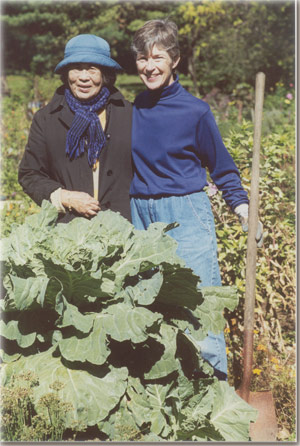

1. If at all possible, do not water plants by hand-holding a hose. It is very hard to get enough water deep enough into root systems to do any good. Use a sprinkler, or even better, a drip hose with timer to deep irrigate shrubs, flowers and vegetables. A hose with a watering wand can work if you hold it near the base of individual plants or create trenches for the water to go deep.
2. Remember that good SOIL is the most important ingredient in growing things well. Garden soil needs to be a mixture of that which holds water and that which allows oxygen to get to the roots. Our clay soils actually have a lot of nutrients. They just have to be "lightened" by the addition of LOTS of organic matter (chopped or rotted leaves, manure, compost).
3. On azaleas: apply fertilizer early in spring or just after blooming. Do not fertilize after July 1. Mulch with oak leaves, pine needles or leaf mulch. Do not cultivate as roots lie close to the surface. Azaleas do not need pruning except for light shaping and occasional rejuvenation.
4. Chrysanthemums: After new growth reaches 8 inches in spring, lightly pinch all shoots every two weeks until July 1. On old plants, divide in spring every 3 to 4 years, after last killing frost. Healthiest young plants are around the outside of the clump. Replant and discard woody center.
5. Do not mulch iris or blue lobelia or cardinal flower. They like their bases exposed. Iris need almost full sun and should be lifted and divided, checking for borers, every 3 to 5 years.
6. Soak seeds of carrots,
parsley, beets, spinach about 2 hours in warm water to hasten their sprouting.
Drain and wash thoroughly in cool water. Drain once again and allow to dry
before sowing outdoors. In most years, the above seeds can be planted in the
ground by or before the second week in April.